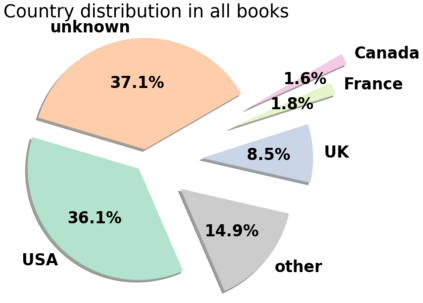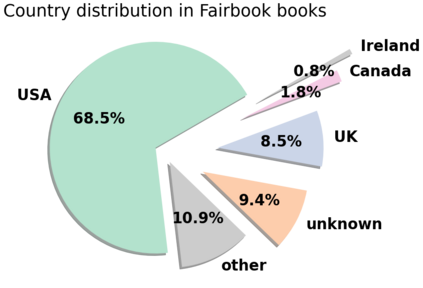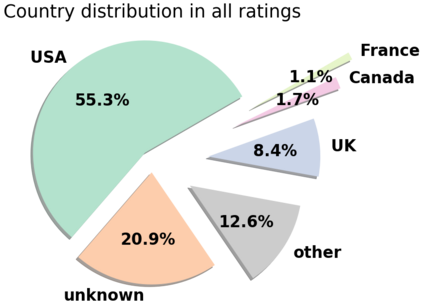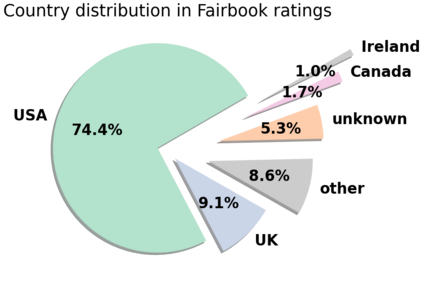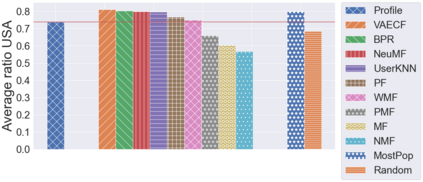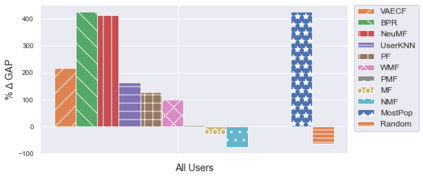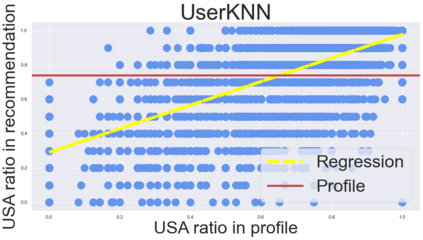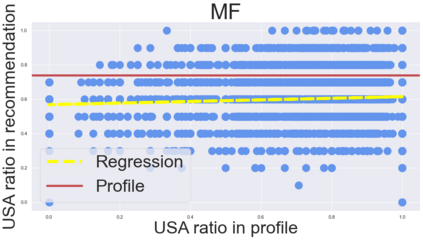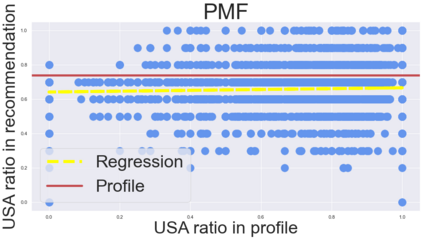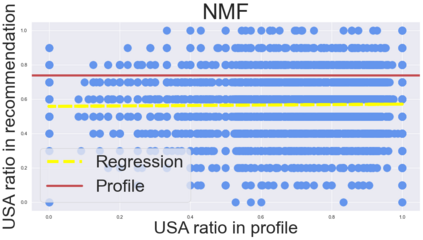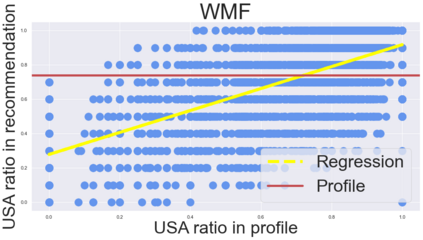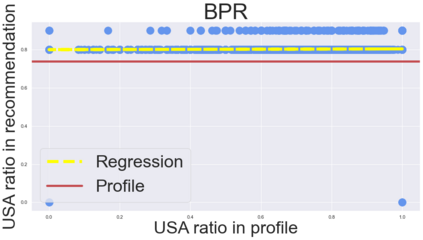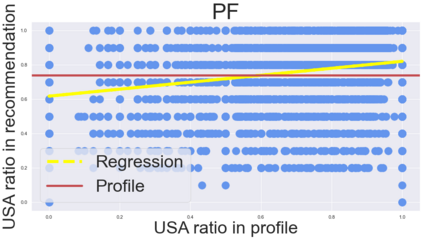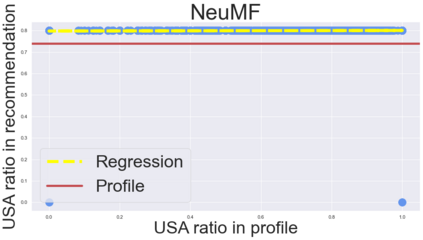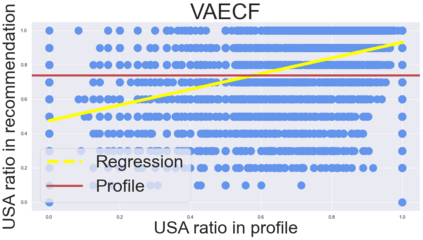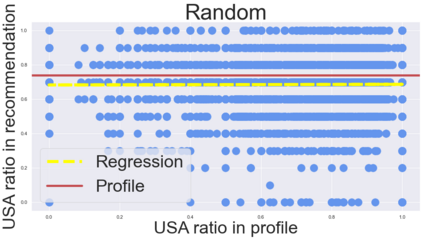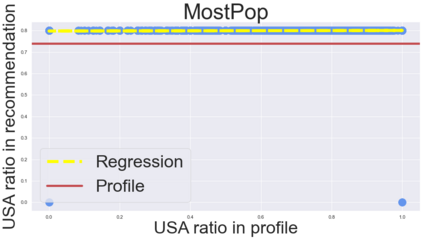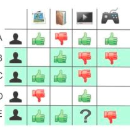Collaborative filtering algorithms have the advantage of not requiring sensitive user or item information to provide recommendations. However, they still suffer from fairness related issues, like popularity bias. In this work, we argue that popularity bias often leads to other biases that are not obvious when additional user or item information is not provided to the researcher. We examine our hypothesis in the book recommendation case on a commonly used dataset with book ratings. We enrich it with author information using publicly available external sources. We find that popular books are mainly written by US citizens in the dataset, and that these books tend to be recommended disproportionally by popular collaborative filtering algorithms compared to the users' profiles. We conclude that the societal implications of popularity bias should be further examined by the scholar community.
翻译:合作过滤算法的优点在于不要求敏感的用户或项目信息来提供建议。 但是,它们仍然受到与公平有关的问题的影响,如普及偏向。 在这项工作中,我们争辩说,普及偏向往往导致其他偏向,而如果不向研究人员提供额外的用户或项目信息,则这些偏向并不明显。我们研究了我们在书籍建议案例中关于常用的具有图书评级的数据集的假设。我们利用公开的外部来源用作者信息来丰富它。我们发现流行书籍主要由美国公民在数据集中撰写,这些书籍往往被大众合作筛选算法与用户概况相比不成比例地推荐。我们的结论是,受欢迎偏向的社会影响应该由学术界进一步研究。


